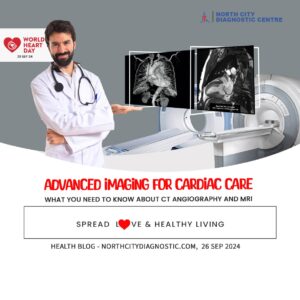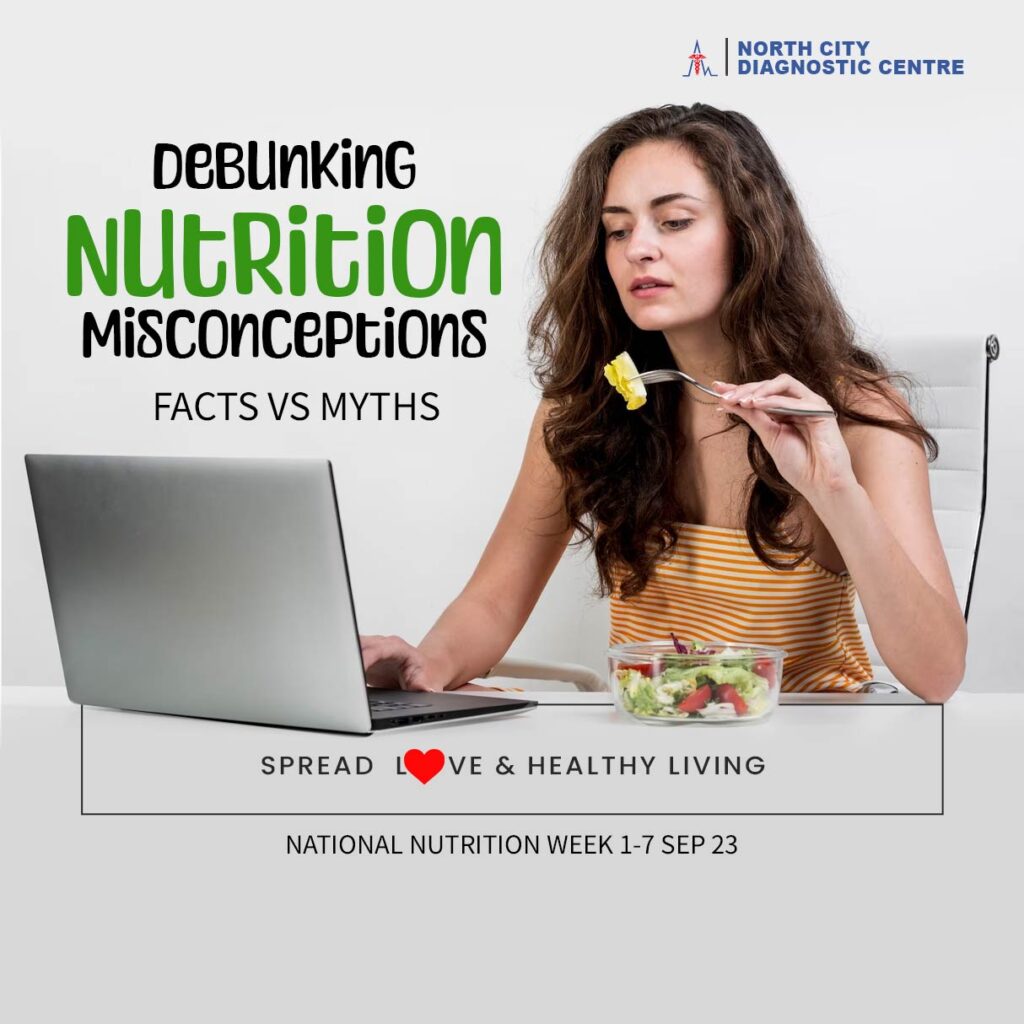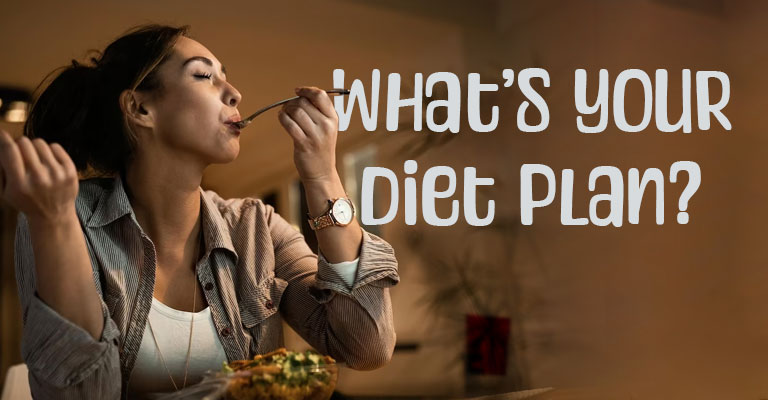
Menu
Nutrition appears wrapped in a mist of misinformation in the ever-changing environment of health and wellness. We are constantly bombarded with information, from trendy diets to magical superfoods, making it difficult to separate what is backed by science and what is simply a fleeting fad.
The attraction of fast remedies and magical diets might lead us into a maze of misconceptions. But fret not! We’re here to debunk some of the most common and perplexing dietary misconceptions that have lasted for far too long, armed with the power of information and a passion for uncovering the truth.

“Stop thinking you need to ‘cut out’ foods. Start celebrating what you can ADD in!

Dr. Megan Rossi
Founder, The Gut Health Clinic

Choose an option
Nutrition, often referred to as the “cornerstone of health,” is crucial in moulding our overall well-being. It is not about the food we eat but what nutrients our body needs. Every person is different, each has different levels of requirement for vitamins, proteins, carbohydrates, fats, and minerals. It is also important how we consume, and in what form. The right balance helps our body function, fight, and recuperate both physically and mentally. For example, when some of us feel fatigued, fresh fruits like banana and water gets us going. But banana is not for everyone. Similarly, when you take dark chocolate your spirits lift up. But, some may be allergic.
Proteins:
Protein is the main component of the body, making up muscles, internal organs, skin, and blood, among other things. Proteins are made up of 20 different types of amino acids, 9 of which are not synthesised in the body and are hence referred to as essential amino acids. These essential amino acids must be obtained from food.
Theses 9 Amino Acids are histidine, isoleucine, leucine, lysine, methionine, phenylalanine, threonine, tryptophan, and valine.
Fats/Carbohydrates (sugars):
Although consuming too much fat can lead to obesity, small amounts can provide a highly efficient energy source (9kcal per gram). Carbohydrates can be broken down further into the two categories of sugars and dietary fiber. Sugars produce energy, while the dietary fiber helps to increase good bacteria in digestive tract and intestines, as such is very beneficial for the body.
Vitamins/ Minerals:
Vitamins and minerals are not used as energy, but rather help in the breakdown and synthesis of proteins, lipids, and carbohydrates, and are a vital ingredient for keeping the body healthy and functioning properly.
Avail specialized health check-up and screening. North City Diagnostic Centre offers state-of-the-art health check-up and screening packages at affordable prices. Call 
Now, that you have got a hang of the basics of nutrients and their roles, it’s time to debunk some of the common misconceptions. Let’s separate facts from myths.
Myth:
Carbs are always bad.
Fact:
Carbohydrates are a fundamental source of energy for our bodies. The key is to choose complex carbs like whole grains, fruits, and vegetables over simple carbs found in sugary snacks and refined grains.
Myth:
All fats are unhealthy.
Fact:
Not all fats are created equal. Consuming healthy fats in moderation can promote heart health and aid in the absorption of vitamins A, D, E, and K. The key is to know what is contains saturated fat and which has unsaturated fat. Unsaturated fat remains the healthiest type of fat.
Unsaturated fats are considered good fats because they can lower blood cholesterol, reduce inflammation, stabilize cardiac rhythms, and perform a variety of other functions.
Myth:
Skipping meals helps with weight loss.
Fact:
Regular, balanced meals are important for maintaining steady blood sugar levels and a healthy metabolism. The problem is that when you skip meal, fat-storing enzymes increase and metabolism decreases as a means of preservation.
Myth:
Detox diets cleanse the body.
Fact:
Detoxification (detox) diets are more popular than ever. The human body is equipped with its own detoxification systems, primarily the liver and kidneys. Most detox diets lack scientific backing and can deprive your body of essential nutrients.
Myth:
Protein only comes from animal products.
Fact:
Plant-based sources like soyabeans, lentils, chana, rajma matar are excellent sources of protein. They often come with additional fibre and nutrients, promoting heart health.
Myth:
Supplements can replace a balanced diet.
Fact:
While supplements have their place, they can’t replicate the benefits of a well-rounded diet filled with diverse nutrients from whole foods.
Myth:
All organic food is healthy.
Fact:
Organic foods are grown without certain pesticides, but they’re not automatically healthier. Nutrient content depends on factors like soil quality and harvesting methods.
Myth:
Breakfast is the most important meal of the day.
Fact:
While it was once thought that eating breakfast was one of the most important factors in setting yourself up for a healthy day. Research has shown that this might not be the case for most adults. If you enjoy breakfast, eat it. If you’re not a breakfast person, don’t feel the need to add it to your daily routine.
Myth:
Eating after 8PM causes weight gain.
Fact:
Weight gain is linked to overall caloric intake and expenditure, not the timing of your meals. Focus on the quality and quantity of your food throughout the day.
Myth:
Gluten-free means healthier.
Fact:
Gluten-free diets are essential for those with gluten-related disorders, but for others, gluten-free products are not inherently healthier. They can still be high in sugars and unhealthy fats.
Remember that nutrition is not a fixed set of rules, but rather a dynamic partnership between you and the food you pick. Accept the wisdom of balance, savor the flavours of complete meals, and use your plate as a blank canvas for sustenance and delight.
Build the road for a healthier, more vibrant existence by casting away the shadows of misconceptions. Make every meal a self-care celebration, a reminder that every mouthful you eat is a step towards a brighter and healthier future.
#NutritionTruths #HealthyEatingFacts #WellnessThroughNutrition #FoodAsFuel #MindfulEating #NourishYourBody #BalancedDiet #NutritionMatters #EatWellLiveWell #NutritionMythBusters #VibrantHealth #WellbeingJourney #NutritionScience #EatSmart #ChooseHealth #NutritionForLife #EatingForEnergy #WellnessWisdom #NutritionEducation #FuelYourLife #MindBodyFuel #EatingRight #HolisticHealth #NutritionFacts #WellnessGoals #NutritionAwareness #HealthyChoices #EatToThrive #NutritionAndHealth #WellnessMindset #NDC #NorthCityDiagnosticCentre #NationalNutritionWeek
35-A ,Canal West Road
Near Gouri Bari Bus Stop
Kolkata – 700004.
Local: +91 33 6605 0888